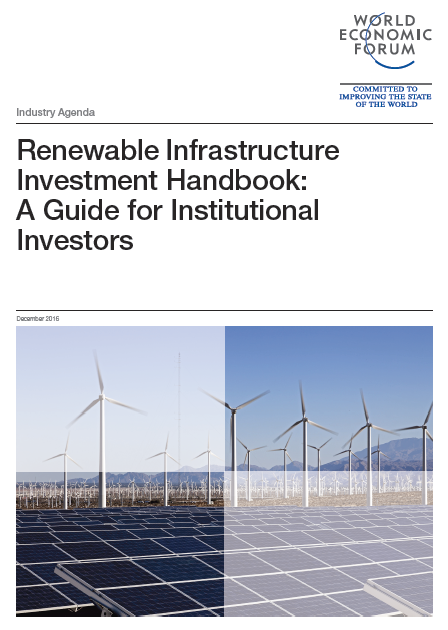916 results found
Featured results



More results
The Recommendation calls for governments to assess their public procurement laws and practices at all levels of government in order to promote more effective procurement and reduce the risk of bid rigging in public tenders.

Now is the perfect time for countries to improve the way they plan and deliver quality infrastructure, to provide greater security against the next global crisis - find out how InfraCompass is here to help.
InfraTech is defined by the G20’s Infrastructure Working Group (IWG) as “the integration of material, machine, and digital technologies across the infrastructure lifecycle” and is supported by three reference notes produced in collaboration between the G20 IWG, the World Bank and the GI Hub: 1) The InfraTech Stock Take of Use Cases; 2) The Value Drivers for InfraTech; and 3) The InfraTech Policy Toolkit.



The Reference tool is meant to serve as a practical tool to help governments and other stakeholders understand and implement the critical success factors that deliver inclusive infrastructure.

This report indicates that although privatization, competitive restructuring, and regulatory reforms improve infrastructure performance, several issues must be considered and conditions met for these measures to achieve their public interest goals.

"We have multiple gaps to fund, requiring not billions, but trillions"
Transformative changes are needed to unlock infrastructure financing and fill multiple gaps in financing climate, biodiversity, and infrastructure gtargets.
This study analyses the direct and indirect links between cross-border infrastructural development and poverty reduction under the guise of transport, electricity and communication infrastructure.

This paper examines what factor facilitates most network expansion using micro data from 45 fixed-line and mobile telephone operators in 18 African countries by looking into network externailties and discriminatory pricing.

This handbook provides institutional investors with an overview of opportunities and risks of investing in renewable energy infrastructure.



Private investment in infrastructure is dominated by the energy and transport sectors


G20 Leaders endorsed the High Level Principles on Long-Term Investment Financing by Institutional Investors in September 2013, which is intended to help governments facilitate and promote long-term investment by institutional investors.




Infrastructure projects in the Netherlands, such as the construction of roads, bridges and tunnels, have become larger and more complex in recent years. This thesis is about these kinds of infrastructure projects, about the challenges and tensions that go with them, about how people experience them and how they look jointly for solutions, and how they succeed or sometimes fail.


This forum is a unique platform to catalyze partnerships that can rapidly bring to scale green growth opportunities bringing together governments from developed, developing and emerging economies along with the private sector.


This book provides a comprehensive evaluation of developing country power sector reform, sifting the evidence of whether reforms have contributed to improved sector outcomes.

This paper provides a contextual commentary on the state of infrastructure delivery around the world. The views within are not necessarily that of the GIobal Infrastructure Hub (GI Hub) but are an important viewpoint to contextualise use of the GI Hub’s Improving Delivery Models initiative framework

This document discusses how science-based indicators of vulnerability to climate change and of adaptability can inform the prioritization of adaptation assistance from a global adaptation fund.

The present study Review of success stories in urban water utility reform was commissioned in 2015 as a follow-up to an independent evaluation of SECO s Corporate Development activities.




 InfraCompass 2020
InfraCompass 2020

